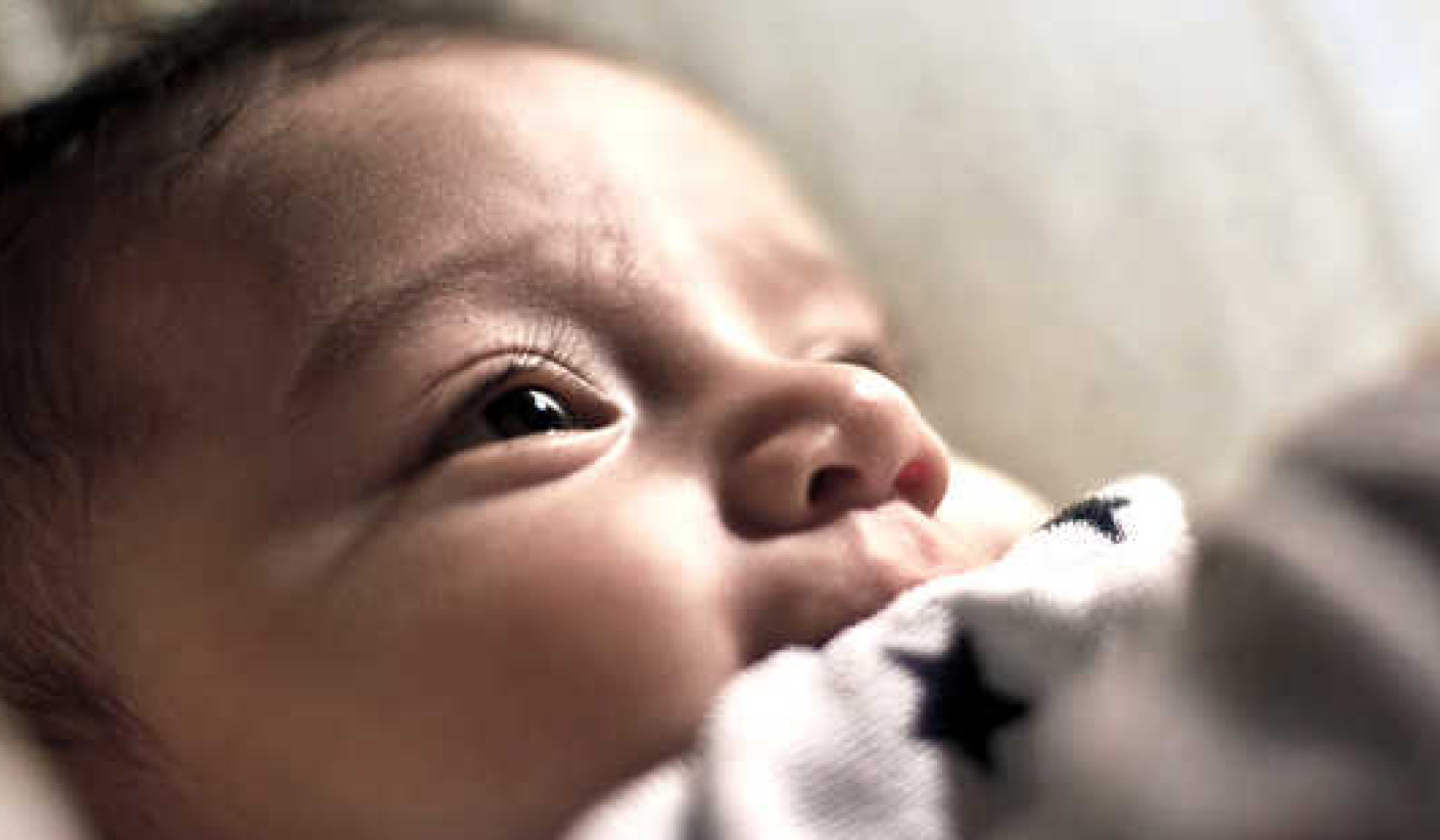
Tornado destroyed elementary school. (U.S. Air Force photo/Kimberly Goff /Released)
In any culture, children hit by a natural disaster will see family members undergo huge amounts of stress and worry. They may be forced to live in temporary accommodation, and experience many changes to their usual routines and social circles. And on top of all this, many treasured possessions – including family pets – may be lost or damaged forever.
For many children, this can result in high levels of anxiety and emotional trauma. This can inevitably lead to changes in a child’s behaviour, and may include things such as temper tantrums, insomnia, a loss of appetite and social withdrawal.
With any type of disaster – be it flooding, an earthquake, an avalanche, or a tsunami – it is essential that families and those in regular contact with children offer support and a place to heal in the aftermath of these terrible events.
1. Encourage children to talk
Children who have been victims of flooding often say that their families and schools didn’t listen to their experiences, worries or problems. They also say that they didn’t want to burden their family and teachers with these worries.
Even if your child seems fine, let them know that their feelings are important to you and let their voice be heard. When children do get a chance to speak about their own feelings and experiences they often recover much more quickly.
It’s important parents try to spend time with their children in this period – playing games and enjoying each other’s company. Parents should also talk to their children’s teachers and keep them up to date and aware of their child’s experiences.
2. Involve kids in the cleanup
My PhD research looks specifically at flooding, and community responses during and after floods. Previous research on flooding shows that children who are involved in the cleanup and recovery process, have a much better sense of the situation and experience less trauma. This doesn’t have to be big tasks – just whatever you think your child is capable of.
Help doesn’t have to stay within the family home either, by involving your child within the community cleanup, they can cancel out the negative feelings associated with the flood and instead replace them with positive feelings of community spirit and worthiness.
3. Know that they might struggle
Monitor your child’s behaviour and keep a close eye on them to check if they are acting differently. Try not to criticise your child for any changes in behaviour and instead talk to them about their feelings and thoughts about what has happened.
It’s also important to monitor your own behaviour and the adult conversations that take place around your child. Remember you are your child’s guide through this and so your ability to stay calm and cope will affect your child’s ability to manage too. Try not to say anything that might scare your child. You can be a role model by acknowledging that the situation isn’t great right now, but the future is positive and bright.
Let them know that they are safe and you love them. Reassure them not only of their safety, but of their friend’s safety too – you might say something like “your friend’s families will be taking care of them just like your family are taking care of you”.
4. Give kids the facts
If it’s happened once, there is every chance it could happen again. You may need to educate yourself a bit first, but teach your child about the causes of natural disasters such as flooding. This should include the dos and don'ts during a flood, as well as the ways you can protect yourselves as a family in the future. Perhaps you could work together to develop a household plan should something like this happen again.
5. Try to create a routine and stick to it
Try to maintain as much routine in your child’s life as possible. This might be hard if you have to move to temporary accommodation or if their school closes, but by maintaining the aspects of routine that you can control – like meal and bed times – you can provide a higher sense of reassurance. This will help reduce any anxiety your child might be feeling. It will also help with any boredom they might face – caused by loss of toys or school closure. In this way, try to keep your child in touch with friends, particularly if their school shuts or if they (or a friend) moves away.
About The Author
Florence Halstead, PhD Researcher in Human Geography, University of Hull
This article was originally published on The Conversation. Read the original article.
Related Books:
at InnerSelf Market and Amazon

























